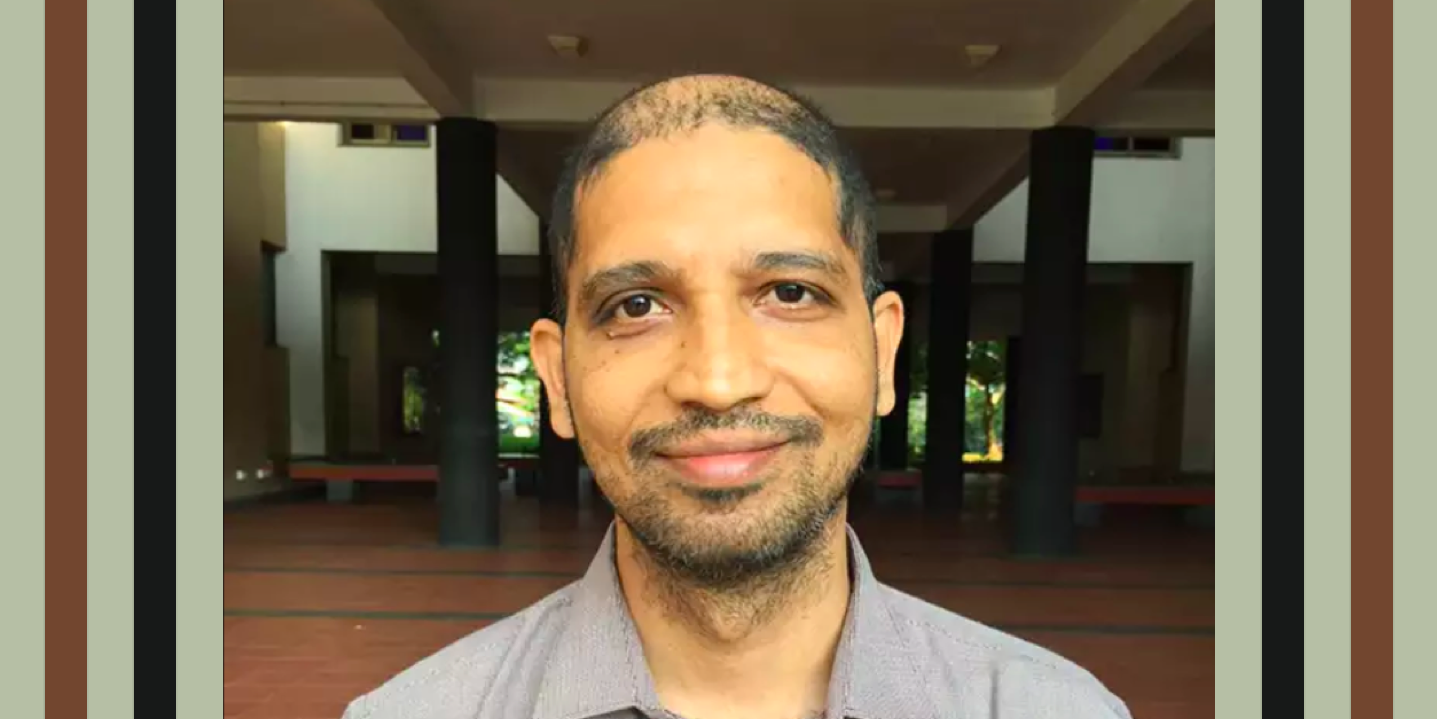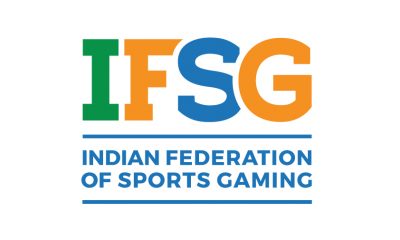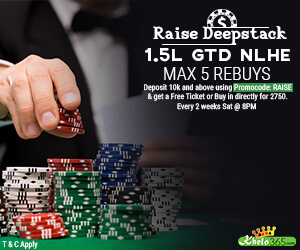Poker
IIM professor propagates learning through poker

There is much debate about poker being a gambling game or a skill sport.
An Indian Institute of Management (IIM) Kozhikode assistant professor, Deepak Dhayanithy, has done something revolutionary in this context by recognising the pros of the game and inculcating them in his competitive strategy class at the management institute.
Dhayanithy marvels at the vastness of learning possibilities offered by the game of poker. He points out that through poker, players learn to manage their resources in different situations that occur in the game.
Poker, professor Dhayanithy points out, presents myriad situations to players, and with time, practice and analytical abilities, players’ reactions to those situations evolve.
Also, players develop discernment towards behaviour, motivations, moves and body language of other players. Through poker, you learn to read various intentional or unintentional ways in which competitors communicate a lot of information about themselves.
With all the possibilities of cards and competitors’ moves & intentions, players have to be on their toes and take adaptive decisions to survive longer and win.
Managers also develop a higher EQ and better decision-making abilities with time, under uncertainty and stress.
All these poker teachings pointed out by the IIM professor are highly important for business persons to learn to stand out and succeed among competitors.
At a recent event of Poker Sports League (PSL) in Goa, Dhayanithy had discussion with a number of top poker players to support and propagate his research.
At the event, Dhayanithy also got to play a few hands with chess grandmaster and PSL brand ambassador Viswanathan Anand. He felt disarmed by the calm and fun persona of the chess legend, while playing poker.
Dhayanithy described the chess master as a person with a calm and sharp mind. He appreciated how quickly Anand pointed out correlations between the moves and strategies of poker and chess games.
One great chess insight that Anand shared with Dhayanithy is the after a point of time, one gets aware of their breath, which syncs with that of their opponent’s, and any sharp variation in the opponent’s breathing pattern can suggest an anomaly or opportunity. This principle can translate to some extent to poker as well, where players have to be completely aware of the behaviour and mannerism of the competitors to take competitive decisions.
Professor Dhayanithy’s poker research and his dedication to evolve his teaching methods by understanding the game in depth attests to how much this game leans towards being skill and analytics-based.


















